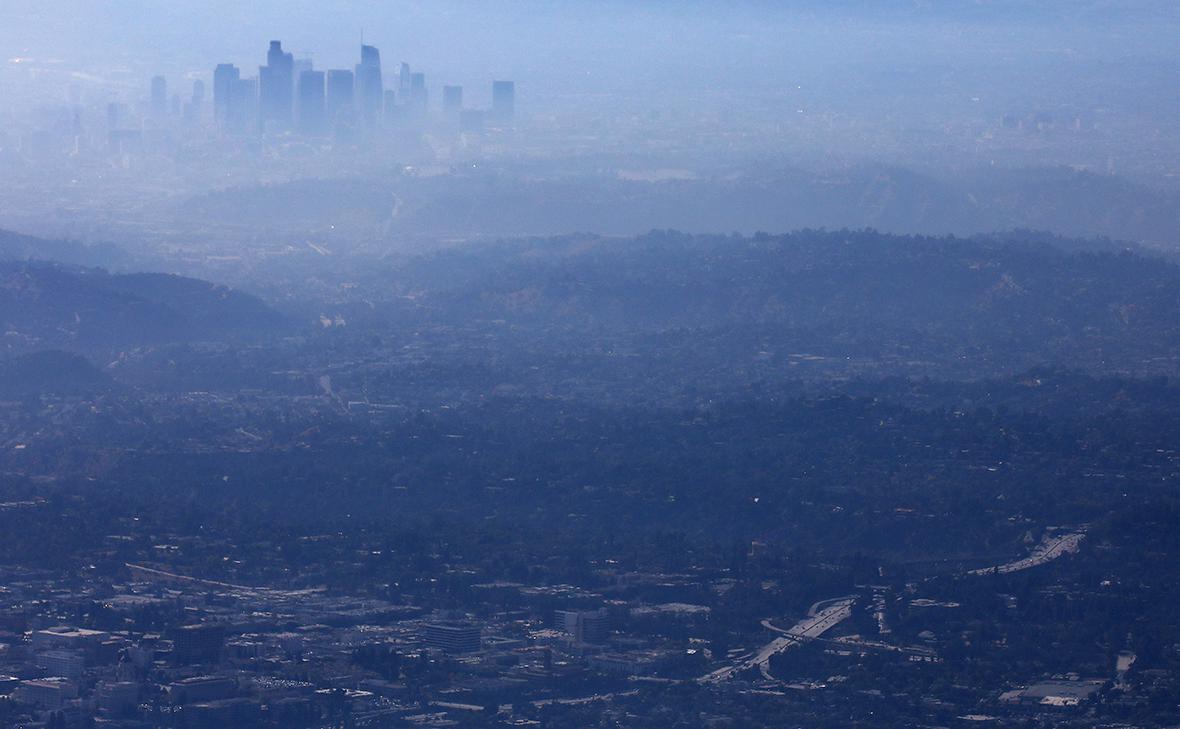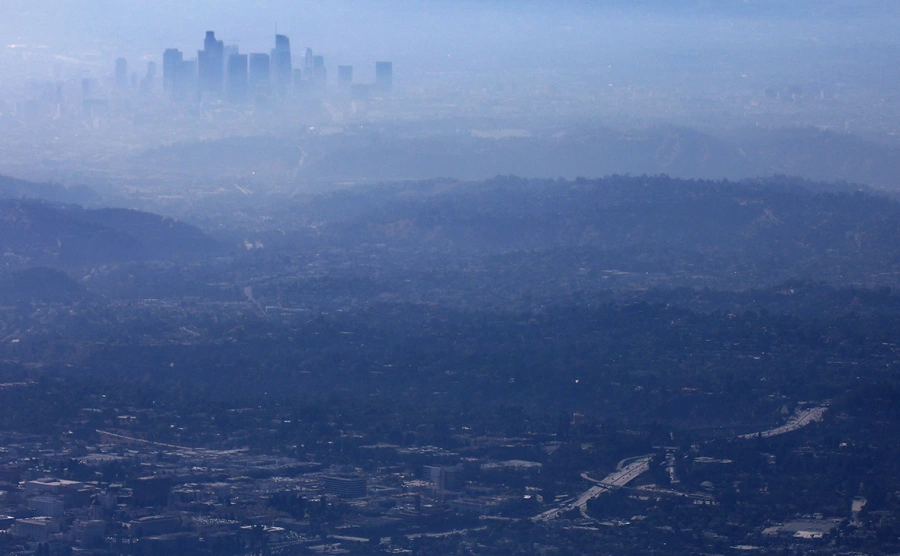
The United States will withdraw from the Paris Climate Agreement, Reuters reports, citing a White House document. This was announced immediately after the inauguration of the 47th President Donald Trump. RBC broadcast the event live .
During his first term (January 2017 – January 2021), Trump also announced his withdrawal from the agreement, with the decision formally taking effect in November 2020. In 2021, when Joe Biden became president, the United States returned to it.
The Paris Climate Agreement was adopted on December 12, 2015, in the capital of France. Its goal is to keep the increase in average global temperature within 1.5–2°C compared to the corresponding pre-industrial era level. The agreement implies a reduction in greenhouse gas emissions and the allocation of $100 billion per year to developing countries to solve environmental problems.
The United States joined the agreement in April 2016, when Barack Obama was president. Trump, when he came to power last time, immediately announced that Washington was withdrawing from the treaty.
During the current election campaign, Trump promised to reduce investment in renewable energy and lift restrictions on energy production in the country. One of his first steps as president, which the Republican intends to take in the first hours after his inauguration, will be to declare an energy emergency to stimulate resource extraction. “With my actions today, we will end the Green New Deal,” he said . Trump has repeatedly questioned global warming and called it a hoax, Reuters notes .
In Trump’s first term, the U.S. “achieved energy independence,” the White House’s updated website says. “Ensuring low prices for oil, gas, and electricity for the American people is a priority, and he will achieve this by encouraging domestic energy production,” the statement says .
The United States is the world’s largest oil producer and leading exporter of liquefied natural gas, and the country is the world’s second-largest emitter of greenhouse gases after China. The UN has warned that unless global emissions slow, temperatures could rise by 3°C above pre-industrial levels by 2100, causing further irreparable damage to our ecosystems.
https://www.rbc.ru/politics/20/01/2025/678e8bf09a79475efc26e49a?from=share

